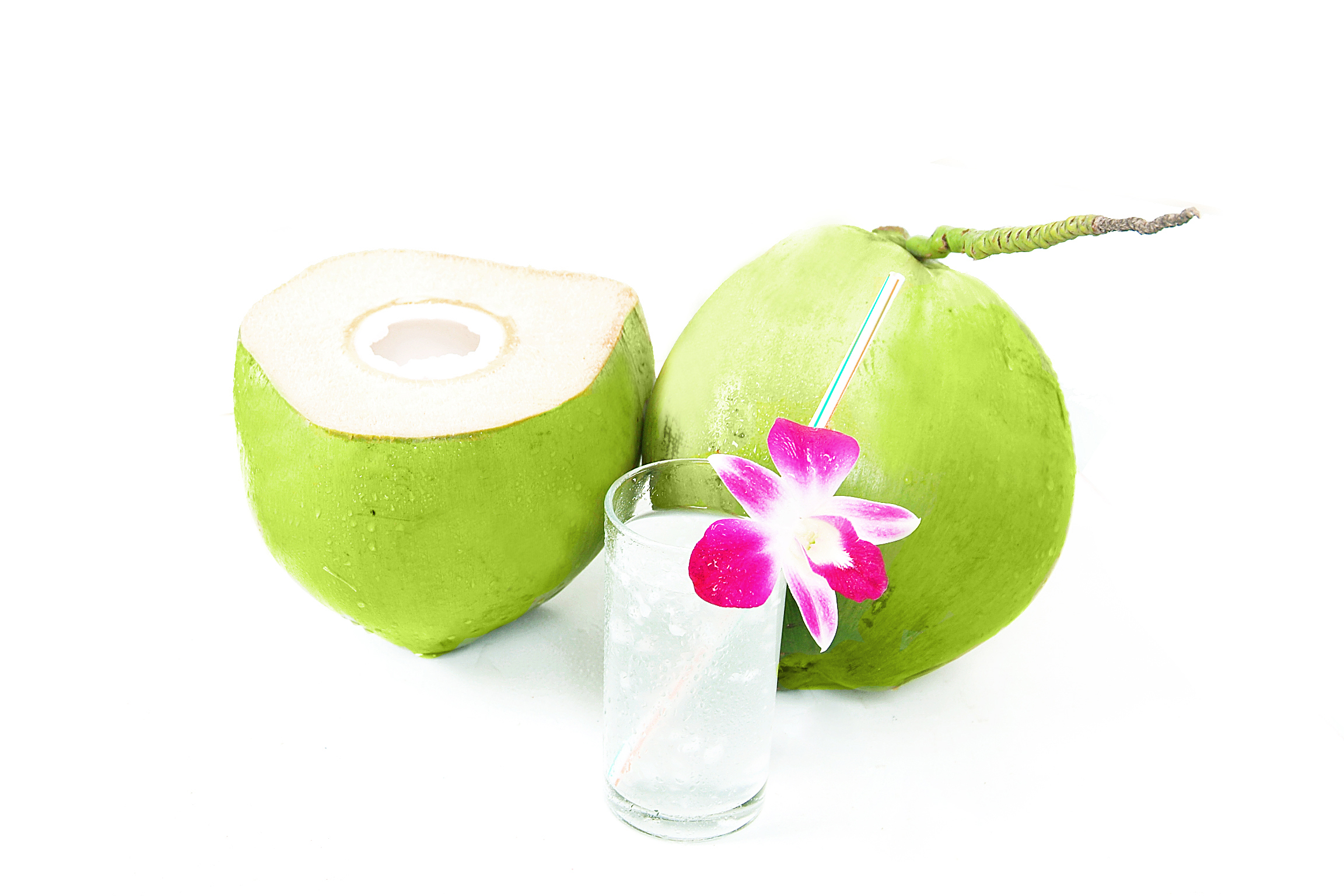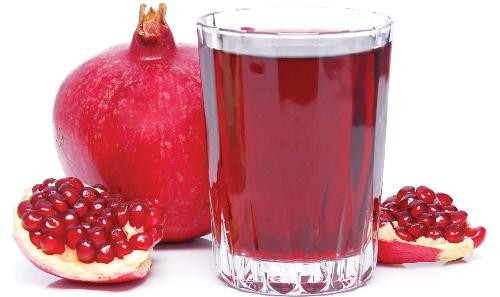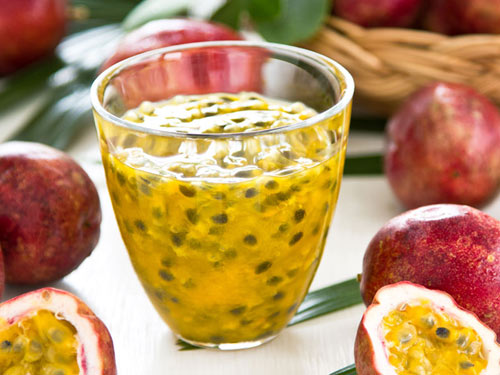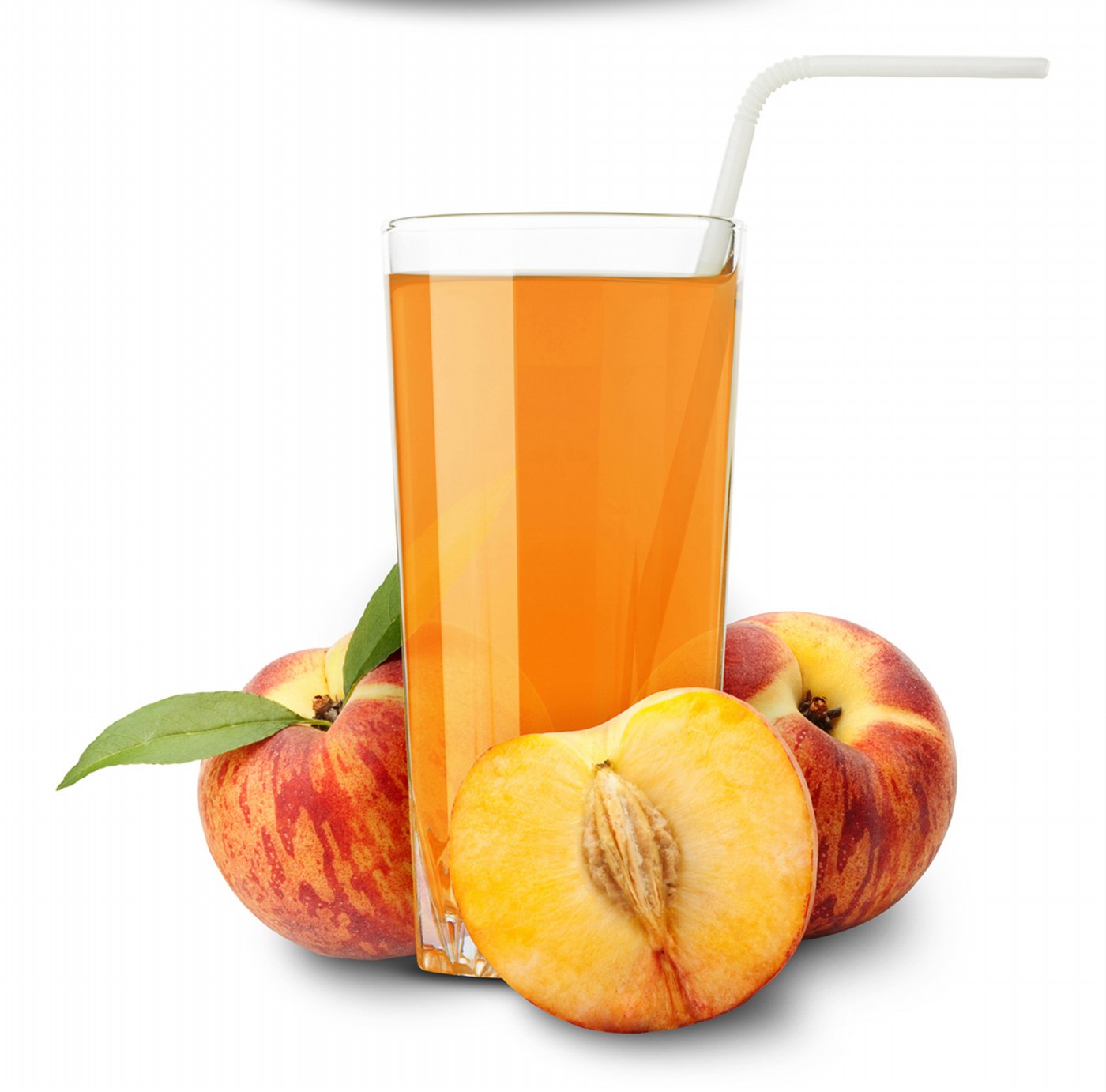Top Amazing Health Benefits of Orange Juice for Glowing Skin
Top 10 surprising benefits of Orange juice
Importance of orange juice
Orange juice is the excellent source of vitamin C and fulfills the entire day requirement of vitamin C in just one serving. It is tasty and delicious with full of medicinal as well as health benefits. Orange juice is known for many minerals such as magnesium, potassium, Vitamin B6, beta carotene, calcium, folic acid, and having low fats and no cholesterol.

Folic acid in orange juice is highly beneficial for brain development and spinal cord. In a recent study, it has been found that orange juice is good for weight loss. Orange juice has other important health advantages like cardiovascular problems, diabetes, cancer and gastrointestinal disorders. The juice boosts your immunity due to the presence of vitamin C. Orange juice has the highest nutrients value among all the citrus fruits.
Orange juice excellent source of vitamin C
Orange is one of the few fruits that are known for its enriched vitamin C content. Drinking orange juice fulfills the concentration of vitamin C in the body. Vitamin C protects us from free radicals, which are the breeding ground of many diseases and conditions. It also helps in absorption of calcium in the body.
Orange juice prevents inflammation
The modern day faulty lifestyle along with paradox in dietary pattern leads to inflammatory reactions in the body, which causes lifestyle related disorders such as diabetes, heart diseases, arthritis, asthma, depression, etc. Drinking of orange juice helps to minimize the impact of type II diabetes and atherosclerosis. The flavonoids like hesperidin, and naringenin are acting as anti-inflammatory products and good for arthritis, rheumatoid arthritis, and asthma.
Orange juice maintains BP
Orange juice is good in the management and prevention of cardiovascular disease. Orange juice contain a plant pigment called ‘hesperidin’ that is beneficial for overall the smooth functioning of blood vessels thereby helps in balancing of blood pressure and good for cardiovascular diseases. Drinking of orange juice decreases bad cholesterol or low density lipoprotein in the body. Bad cholesterol accounted for cardiovascular problems. The adequate amount of magnesium is good in normalizing blood pressure.
Orange juice for radiant glow skin
Orange juice helps to make you look young and enhances the beauty of your skin. Drinking orange juice regularly helps to improve skin complexion of the face by defeating the aging effects. It is good for other skin problems too. Taking orange juice helps to hydrate the skin. Rubbing orange juice on the face is beneficial for cleaning the clogged skin pores and good in prevention of acne, pimples, wrinkles and fine lines. The problem of sunburn can be overcome by drinking orange juice. The vitamin C also prevents free radicals and provides freshness to your skin. The nutritionists suggest that people should take regular orange juice to improve the beauty of skin, hair and nails. Vitamin C is the vital in collagen production, which is itself responsible in making of bones, tendons, ligaments, blood vessels and gives elasticity to the face.
Orange juice prevent birth defects
Birth defects like low birth weight and neural tube defects can be overcome by drinking orange. The pregnant mother is suggested to take half cup of orange juice daily to fulfill the deficiency of folate, which leads to many birth related problems.
Orange juice nutrition facts & values
The 1 cup of orange juice contains the following nutrients. Vitamin C (96.9 mg), Thiamin (0.2 mg), Niacin (0.5 mg), Vitamin B6 (0.1 mg), vitamin K (0.2 mcg), vitamin E (0.5 mg), calcium (22.4 mg), iron (0.2 mg), magnesium (24 mg), zinc (0.1 mg), sodium (2.5 mg), phosphorous (39.8 mg), potassium (473 mg), fluoride (145 mcg), fats (0.1 g), water (219 g), sugar (20.9g), protein (1.7 g) and carbohydrate (26.8 g).
Orange juice prevents cancer
In a recent scientific research, it has been found that orange juice contains a bio-chemical substance called ‘D-limonene’, which is effective in preventing of skin cancer, breast cancer, mouth cancer, lung cancer and colon cancer. The adequate amount of vitamin C is also good in prevention of cancer.
Orange juice treats anemia
Orange juice is one of the best sources of vitamin C that helps in the absorption of iron into the blood stream. Anemia is a disease where there is a severe deficiency of iron. Regular intake of orange juice helps the patients in this regards.
Orange juice prevents tooth decay
Orange juice contains enough amount of calcium, which is good in prevention of tooth decay and bone related problems. It is the great source of vitamin C, which is helpful in curing scurvy.










